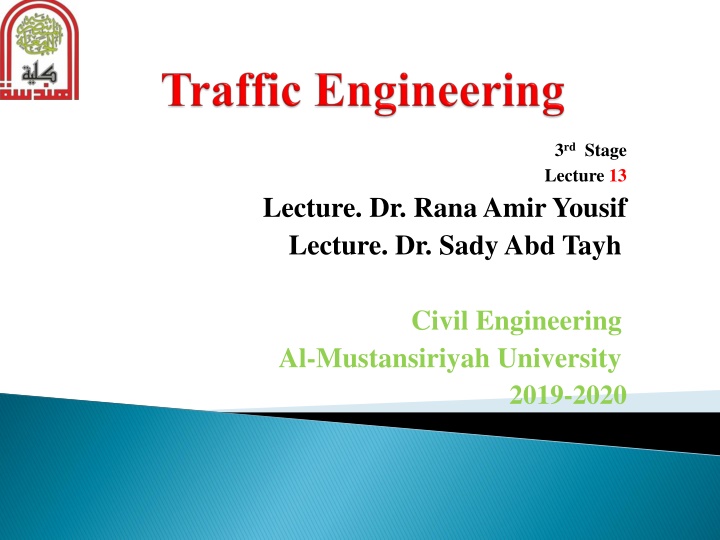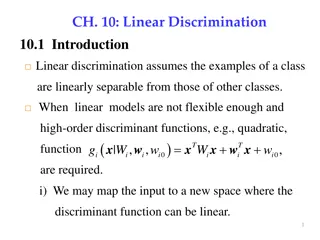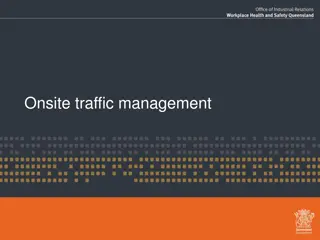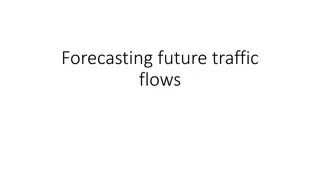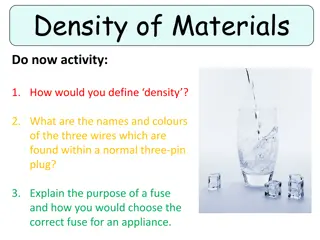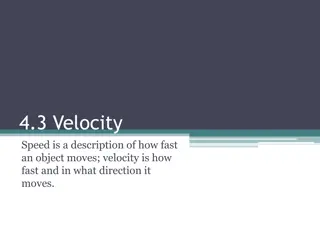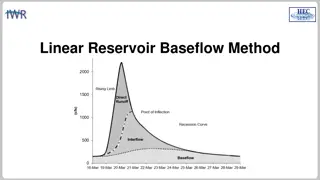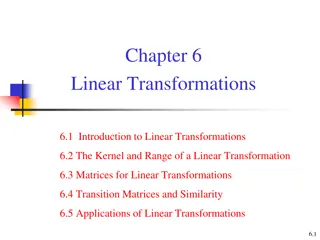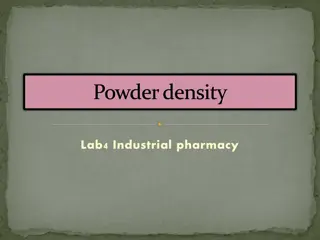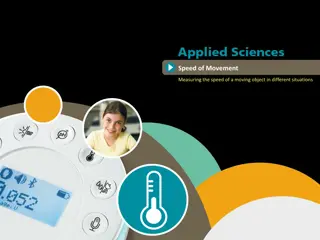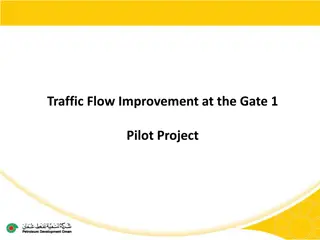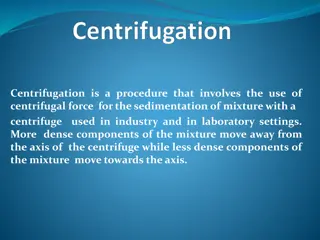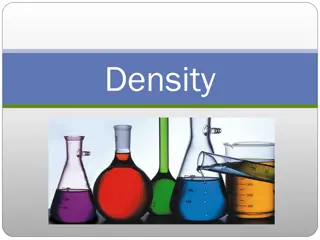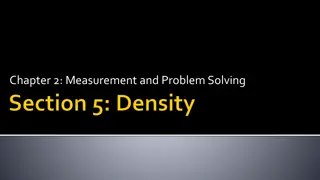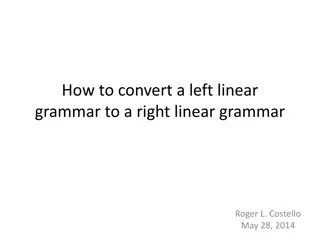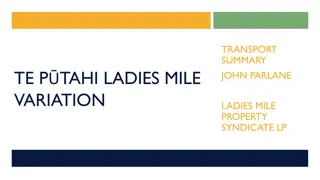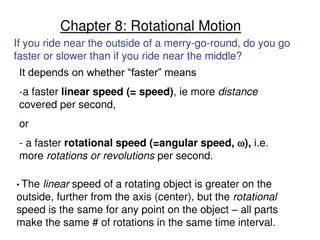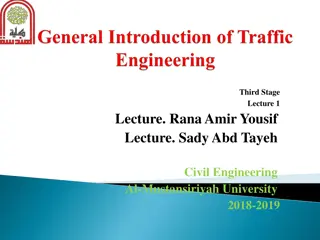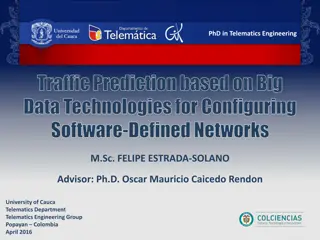Linear Relationship Between Traffic Speed and Density Analysis
Linear relationship between speed and density of traffic in civil engineering, focusing on mean speed, vehicle density, and empirically determined parameters. Learn about the impact on traffic flow and congestion levels.
Download Presentation

Please find below an Image/Link to download the presentation.
The content on the website is provided AS IS for your information and personal use only. It may not be sold, licensed, or shared on other websites without obtaining consent from the author.If you encounter any issues during the download, it is possible that the publisher has removed the file from their server.
You are allowed to download the files provided on this website for personal or commercial use, subject to the condition that they are used lawfully. All files are the property of their respective owners.
The content on the website is provided AS IS for your information and personal use only. It may not be sold, licensed, or shared on other websites without obtaining consent from the author.
E N D
Presentation Transcript
3rdStage Lecture 13 Lecture. Dr. RanaAmir Yousif Lecture. Dr. SadyAbd Tayh Civil Engineering Al-Mustansiriyah University 2019-2020
References: Nicholas J. Garber, Lester A. Hoel, (2010) Traffic and Highway Engineering, 4thed. Roger P. Roess, William R. McShane, (2004), update copy (2016) Traffic Engineering (4th Edition). Highway Capacity Manual, (HCM, 2010). Traffic Engineering Handbook: Transportation Engineers, Seventh Editions (2016). Institute of
A linear relationship exists between the speed of traffic on an uninterrupted traffic lane and the traffic density (veh/mile), as shown in figure below:
Where : V: mean speed of vehicles (mph). K: average density of vehicles(veh/mi). A, B: empirically determined parameters. At zero density, the mean free speed = A At zero speed, the jam density = A/B
Solution: a. b.
